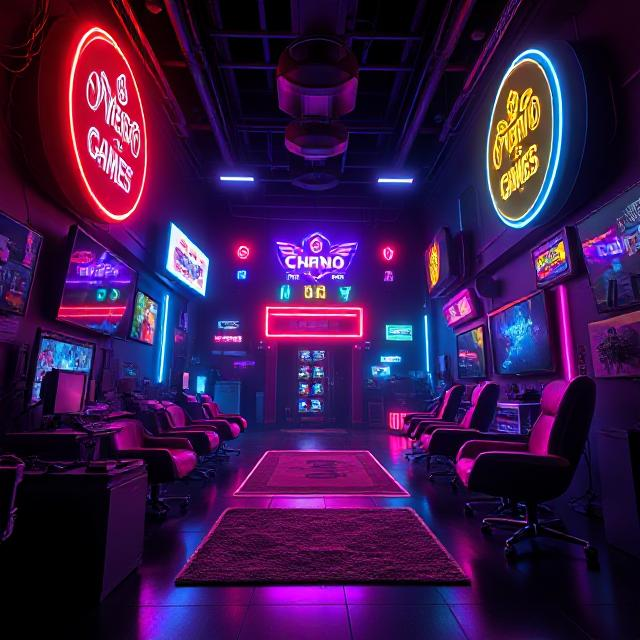Artificial Intelligence (AI) has already begun revolutionizing game development, and its potential to reshape the industry is immense. From enhancing NPC behavior to creating more realistic worlds, AI is changing how games are designed and experienced. But what does the future hold for AI in gaming?
1. Smarter NPCs
AI is set to make non-playable characters (NPCs) significantly smarter. In the past, NPCs followed pre-programmed scripts, making their behavior predictable and limited. With advanced AI, NPCs can adapt to player actions and generate more dynamic responses. This could lead to games where NPCs interact with players in unique, intelligent ways, offering more immersion and unexpected challenges.
2. Procedural Content Generation
AI’s role in procedural content generation is one of the most exciting developments. Games like Minecraft and No Man’s Sky have already used procedural algorithms to create vast, explorable worlds. As AI continues to evolve, we can expect even more sophisticated procedural generation, creating more complex and expansive game environments. This could drastically reduce the time it takes to develop open-world games while making each playthrough feel fresh and unpredictable.
3. Personalized Experiences
One of the most fascinating aspects of AI in game development is its potential for creating personalized experiences for each player. AI could learn from a player’s behavior, preferences, and playstyle, tailoring the game’s difficulty, narrative, and challenges to their individual needs. Imagine a game where the storyline adjusts based on your choices, or an AI companion who learns how you interact with the world and helps you accordingly.
4. Realistic AI Opponents
Gone are the days of basic AI opponents who follow a rigid set of rules. With deep learning algorithms, AI can simulate real human behaviors, creating opponents that think on their feet, adapt to your strategy, and offer a more challenging experience. In multiplayer games, AI could be used to fill gaps when human players are unavailable, providing a seamless experience without sacrificing quality.
5. Improved Development Tools
AI isn’t just impacting how games are played; it’s also revolutionizing how they’re developed. Tools powered by AI can automate repetitive tasks, assist with debugging, and optimize code. AI-driven engines might assist game developers in generating realistic animations, balancing gameplay mechanics, or even creating soundtracks. This could allow smaller teams to create AAA-quality games more efficiently and at a lower cost.
Looking Ahead
The future of AI in game development holds many possibilities, from creating more intelligent and lifelike characters to enhancing procedural generation and personalization. As AI technology continues to improve, it will undoubtedly transform how games are made and played, offering new experiences and challenges that push the boundaries of interactive entertainment.

Leave a Reply